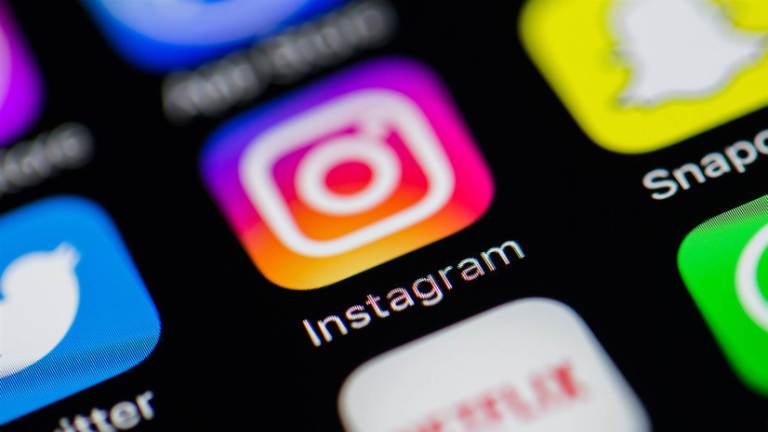People at this moment are running against themselves in a pursuit of perfection. Does perfection even exists? How is this pursuit affecting you? Read on to know more.
We all aspire to be a better version of ourselves every day. Growth is an indispensable part of our lives and we must strive to enhance ourselves and keep adding new feathers in our wings. But for some, things don’t end just at personal growth for betterment. They are on a different race altogether, an endless pursuit- the pursuit of perfection. And, there exists a stark difference between the two.
When one is striving to grow to be better, they are fueled by motivation and inspiration but when one is driven to achieve the unattainable state of perfection, they are fueled by a state of discontentment, low self esteem and unrealistic expectation.
There are no two ways about the fact that perfection is a myth. It is a state of mind and cannot be achieved through any outer validation or achievement. It is imagined to be the state of flawlessness and completeness where nothing can possibly go wrong. This very imagination is enough to reaffirm the fact that this state is unachievable. If you are one amongst the people who are constantly hustling to achieve ‘perfection’, then sorry to burst the bubble but you aren’t getting there. You’re getting to a life of depression and discontentment from yourself, despite of all the efforts and hard work you put in.
The downsides of this pursuit of perfection doesn’t just end at it being a futile chase; it can have far worse implications. Studies define perfectionism as “a combination of excessively high personal standards and overly critical self-evaluations.” The very motivation to embark upon this pursuit is driven by a lack of self-esteem and unhappiness with one’s own self.
When one strives to become ‘perfect’, they become over critical of theirselves and indulge in the unhealthy practice of self-sabotaging. Even their most stellar achievements appear to be too less as compared to what more can be achieved.
We are constantly seeking more. This is a constant look out for something more amazing, more validating or more fulfilling.
And this cycle results in a persistent state of unhappiness where nothing or no one in life makes us joyous. As a result, in its worst consequences, it directly impacts our mental health. When one’s pursuit bears no fruit, they can get engulfed into anxiety or depression. This is alarming!
Advertisements feed upon this very insecurity and make us feel that something is missing in our lives. Social media is a worldview of perfection. It instigates within a person the idea that everyone around them is living a perfect life and makes them loathe their very existence. But it is important to remember that nobody lets their flawed self surface on the feed of Instagram without filtering it. It must be remembered at all times that actions such as posting vacation or party pictures or pictures of one’s expensive car or phone are no proof of them living a perfect life.
To liberate oneself from this futile pursuit of perfection, it is extremely essential to learn the art of acceptance. Acceptance of who you are, however flawed and far from being perfect. Also, it is pertinent to understand that this pursuit is robbing one of happiness and pushing them into an endless dungeon of self-loathe.
Shreya Agrawal
Feature Image Credits- Scopio





